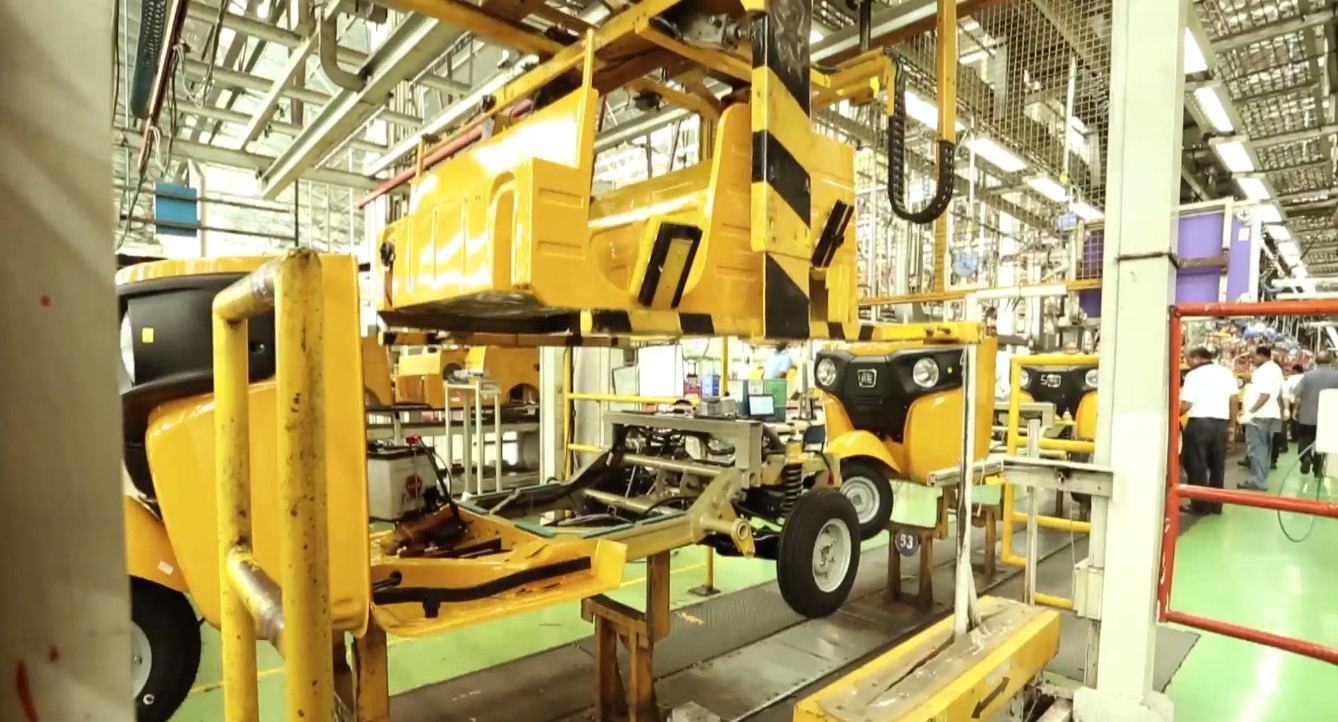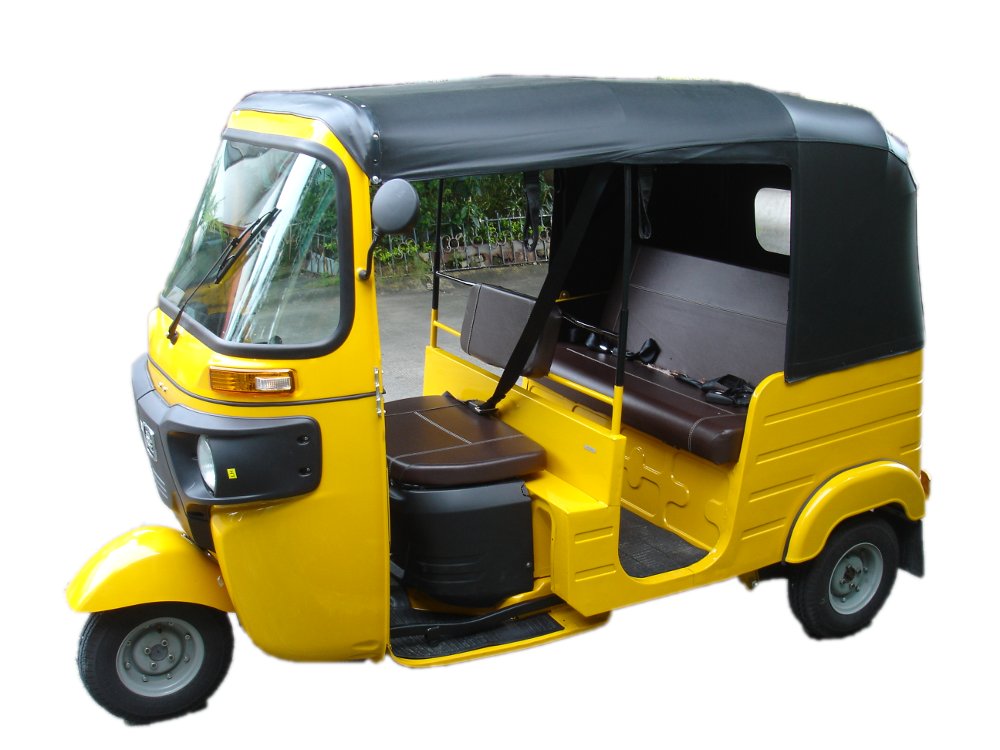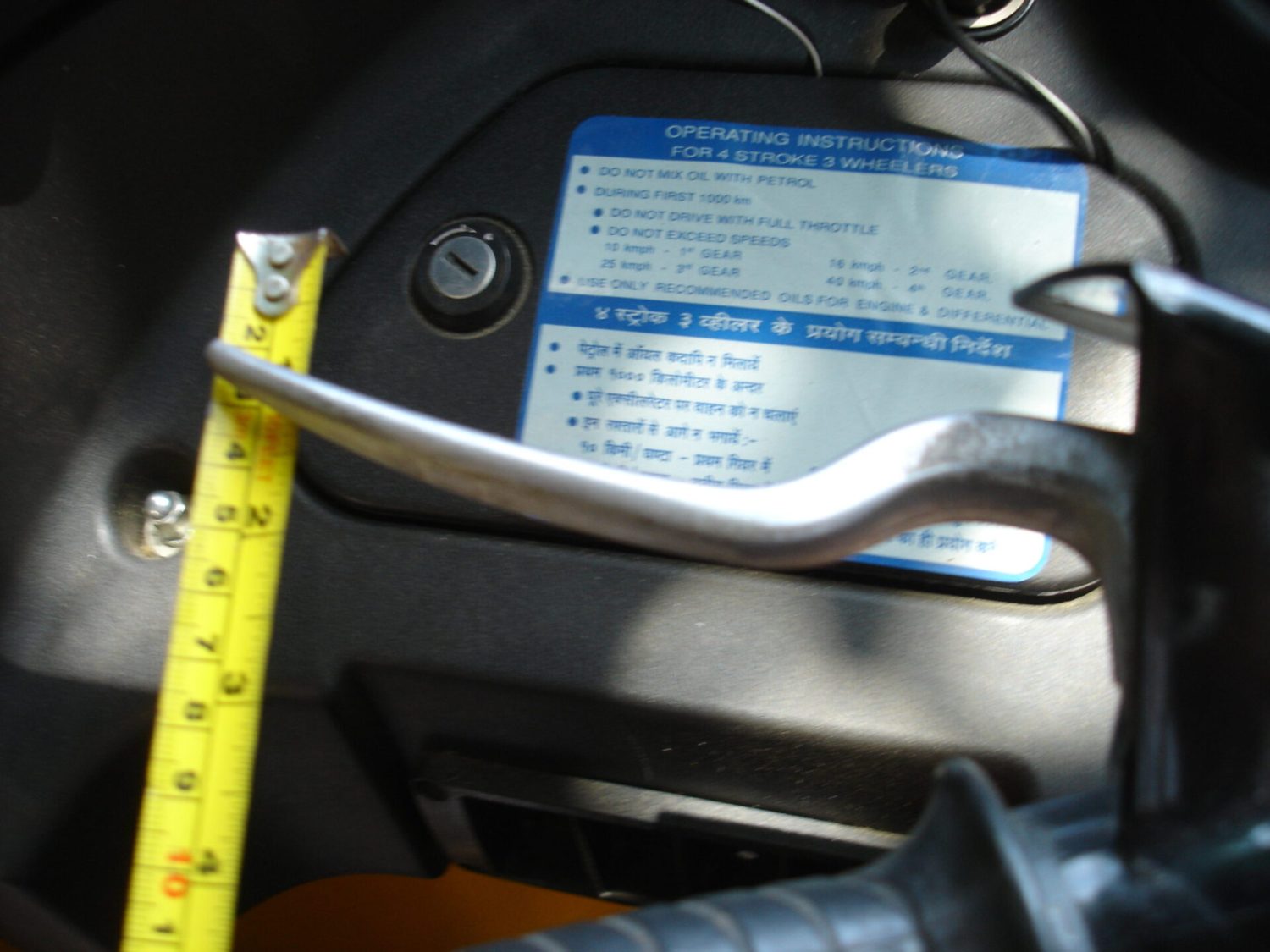A look inside the Bajaj Auto Rickshaw Factory in India.
See how they build the world’s number one 3 wheeler which is sold in over 45 countries around the world.
Bajaj Auto Ltd India holds 60% of the market share of three-wheelers in the world.
It is estimated that 58 million people everyday travel in a Bajaj RE.
Bajaj Auto, an iconic Indian automobile manufacturer, has earned global recognition for its production of the Bajaj RE, the world’s leading three-wheeler. With a staggering 86% market share in three-wheelers worldwide, Bajaj Auto Ltd India continues to revolutionize the industry. This article takes you on an immersive journey inside the Bajaj Auto Rickshaw Factory, showcasing the meticulous process involved in building these popular vehicles. Let’s explore the manufacturing facilities, delve into the company’s rich history, and discover how Bajaj Auto has embraced sustainable practices to contribute to a greener future.
The Legacy of Bajaj Auto
Bajaj Auto’s story began in 1926 during India’s struggle for independence from British colonial rule. Since its inception, the company has not only specialized in manufacturing three-wheelers but has also excelled in the production of two-wheelers. Today, Bajaj Auto stands as the fourth largest manufacturer of two and three-wheelers globally. With a commitment to innovation, quality, and sustainability, the company has established itself as an industry leader.
Bajaj Auto’s Manufacturing Facilities
To meet the growing demand for their vehicles, Bajaj Auto operates three world-class manufacturing facilities. These state-of-the-art factories are located in Pantnagar, Sidcul Dist in Rudrapur, Uttarakhand, India; Waluj in Aurangabad, Maharashtra, India; and Chakan Mahalunge, Maharashtra, India. These plants serve as hubs for the production of a wide range of two-wheelers and three-wheelers.
Inside the Bajaj Auto Rickshaw Factory
Stepping into the Bajaj Auto Rickshaw Factory, one is greeted with a mesmerizing display of engineering prowess and efficient assembly lines. The production process begins with the careful selection and inspection of raw materials to ensure optimal quality. Bajaj Auto’s commitment to excellence is evident at every stage, from the welding and fabrication of robust chassis to the precision assembly of engines and transmission systems.
One of the hallmarks of Bajaj Auto’s manufacturing process is its focus on customization. The company caters to a diverse range of markets, offering passenger vehicles and cargo versions of their famed three-wheelers. This flexibility enables Bajaj Auto to meet the unique needs of different regions and provide reliable transportation solutions worldwide.
Advanced Technology for a Greener Future
Bajaj Auto has always been at the forefront of environmental sustainability. The company actively adopts measures to reduce its carbon footprint and promote a cleaner, greener future. From harnessing wind power for energy requirements to utilizing alternative fuels like CNG and LPG in their commercial vehicles, Bajaj Auto leads by example.
Moreover, the company places great emphasis on green initiatives within its manufacturing facilities. It incorporates green plantations and water treatment systems, ensuring responsible resource management. Bajaj Auto’s commitment to reducing emissions is reflected in its advanced engine technology, such as the Digital Twin Spark-ignition (DTS-i) system, which optimizes fuel efficiency while minimizing environmental impact.
The Global Impact of Bajaj RE
The Bajaj RE has become an integral part of transportation networks across the globe. Sold in over 45 countries, this iconic three-wheeler has provided mobility to millions of people worldwide. In 2018 alone, Bajaj Auto’s three-wheeler plants produced a staggering 850,000 auto-rickshaws. To keep up with the increasing demand, Bajaj Auto aims to boost production by an additional 160,000 units, reaching a remarkable milestone of over 1 million Tuk Tuks per year.
The Impact on Local Economies
The production and success of the Bajaj RE have had a profound impact on local economies. The manufacturing process requires a skilled workforce, providing employment opportunities to numerous individuals. From assembly line workers to engineers and technicians, Bajaj Auto’s operations create jobs and contribute to economic growth in the regions where their factories are located.
Moreover, the widespread use of Bajaj RE vehicles as public transportation systems has improved accessibility and connectivity in many areas. In countries like India, where auto-rickshaws are a common mode of transportation, the Bajaj RE plays a vital role in enabling mobility for millions of people on a daily basis. It facilitates commuting within cities and serves as a lifeline for both urban and rural communities.
Beyond its impact on transportation, Bajaj Auto’s commitment to social responsibility is commendable. The company actively engages in various corporate social responsibility (CSR) initiatives, focusing on education, healthcare, and community development. Bajaj Auto recognizes the importance of giving back to society and strives to make a positive difference in the lives of individuals and communities.
The Future of Bajaj Auto and the Bajaj RE
As Bajaj Auto looks toward the future, the company continues to innovate and evolve. The demand for reliable, efficient, and eco-friendly transportation solutions is ever-increasing, and Bajaj Auto aims to meet these needs head-on. The company invests heavily in research and development, exploring new technologies and designs to enhance the performance, safety, and sustainability of its vehicles.
With advancements in electric and hybrid vehicle technology, Bajaj Auto is actively exploring greener alternatives for its three-wheelers. The integration of electric powertrains and the development of sustainable energy solutions are areas of focus for the company. By embracing these advancements, Bajaj Auto strives to create a more environmentally friendly future while maintaining its position as a global leader in the three-wheeler market.
Conclusion
The Bajaj Auto Rickshaw Factory stands as a testament to the company’s dedication to excellence, innovation, and sustainability. From its humble beginnings in 1926 to its current status as a global automotive giant, Bajaj Auto has transformed the way people commute and connect with one another.
The production process at the Bajaj Auto Rickshaw Factory showcases the meticulous attention to detail and the utilization of advanced technology to create high-quality vehicles. Through its three manufacturing facilities, Bajaj Auto has not only met the growing demand for its vehicles but also positively impacted local economies and communities.
As Bajaj Auto continues to expand its reach and explore new horizons, the Bajaj RE remains at the forefront of its success. With its widespread popularity and remarkable market share, the Bajaj RE has become an emblem of efficient and reliable transportation globally.
Looking ahead, Bajaj Auto remains committed to its core values of innovation, quality, and sustainability. By embracing new technologies and prioritizing environmental responsibility, the company is poised to shape the future of mobility and continue its legacy as a pioneer in the automotive industry. The Bajaj Auto Rickshaw Factory stands as a testament to the company’s dedication to excellence, innovation, and sustainability. From its humble beginnings in 1926 to its current status as a global automotive giant, Bajaj Auto has transformed the way people commute and connect with one another.











I like it where can I buy bajaj
I have interested in bajaj tricycle transport mode